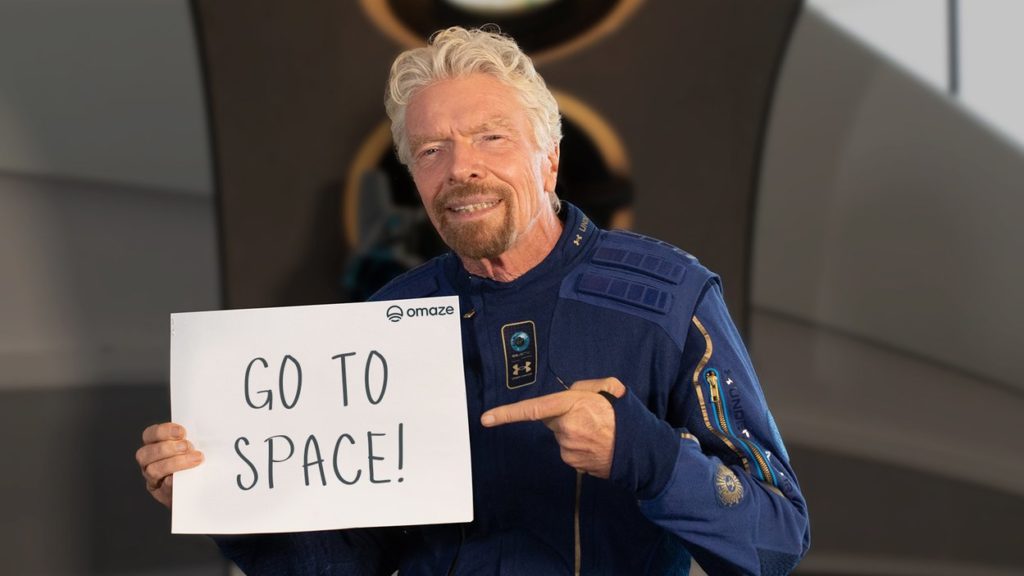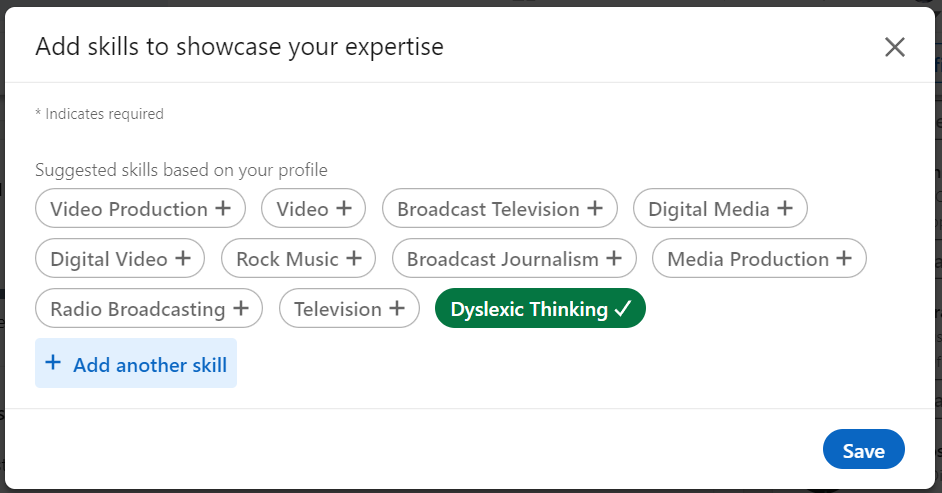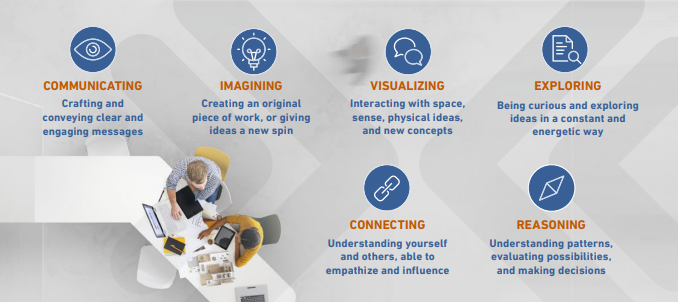The road to innovation is a bumpy one [Fred Jacobs]
Innovation is the goal, but it’s just a little hard to reach. Read on an learn how.
A guest post by Fred Jacobs of Jacob’s Media.
There’s a lot of talk in business circles about innovation. We need it now more than ever. Every business and brand need it to thrive. It’s the essence of how growth will take place.
We’ve even turned it into an ultimatum:
“Innovate or die!”
Not a pleasant thought, but we’ve all been conditioned to try to think out of the so-called box, even as we try to hit our Q2 goals. Innovation is elusive. We’ll know it when we see it. But usually be then, it’s too late. Someone has already pulled off the innovation. And most of us are left to marvel at the accomplishment.
Entire books are being written about innovation – how to foster and achieve it. Our friend from the Consumer Technology Association, Gary Shapiro, is especially big on bootstrap innovation – the power of an individual to pull off a miracle by inventing the next big thing.
In “Ninja Innovation,” Gary reminds us that “a rigid adherence to traditional methods is a huge hindrance to innovative problem solving.”
And of course, he’s right. When assembling our innovation teams, we often go to the well and gather up the best, most creative minds we can think of. But the problem is they are often the “usual suspects” – the same teams of managers, marketers, researchers, and consultants. They may among the smartest people in the room, but you’ve likely heard their ideas before. Their problem-solving tends to follow traditional thinking.
I recently ran across a fascinating article about perhaps one of the most innovative people on the planet – Sir Richard Branson.

You might even suggest he’s one of the most innovative thinkers and business people –
ever.. I won’t run down his resume, but his Virgin juggernaut is actually a series of many, many companies – including radio stations, of course, as well as a private space travel business – Virgin Galactic – right up against Jeff Bezos’ “Blue Origin” and Elon Musk’s “Space X.”
How does Branson do it? He credits his ability to look at ideas and concepts differently; to turn things on their sides and see them in a whole new way.
Branson says his brain doesn’t work conventionally. In fact, he describes his gift to view things differently from most us is due to what the calls a form of “neurodivergence.”
That’s another way of saying that Branson is dyslexic.
Before it was accurately diagnosed, teachers wrote him off as a slow learner, disengaged from his classes.

Today, Branson is on a mission to not only embrace his cognitive distinctions, but to elevate those who share his condition. That means building awareness and understanding in the corporate community, as well as across the employment spectrum.
And now LinkedIn is including “Dyslexic Thinking” in their various skills options their users click to describe and delineate their talents. The term is also being added to Dictionary.com in another sign it is part of the mainstream.
Branson puts it this way:
“I’m proud to be dyslexic and a part of this movement to redefine what it means. By adding ‘Dyslexic Thinking’ as a skill on LinkedIn, we can help recognize the creative, problem-solving and communication skills people with dyslexia bring to their work.”
Along with other celebrities that include the actors Orlando Bloom and Keira Knightly, , this short video provides insight into how us traditional thinkers ought to appreciate those gifted with “dyslexic thinking.”
In our world, a number of rather famous musicians with dyslexia might surprise you, including John Lennon, Gwen Stefani, Mick Fleetwood, Cher, and some guy named Beethoven – an impressive collection of innovative artists whose music has moved us and shaped our world
A story in AdWeek, “Virgin-Backed Campaign Sees ‘Dyslexic Thinking’ Becoming a LinkedIn Skill,” by Stephen Lepitak expands on the contributions those with dyslexia could be making for employers struggling to find fresh thinking in their conference rooms.
The story goes one step further, making the point the “brands are missing a huge opportunity for authentic connection” by assuming dyslexia simply translates to reading and writing difficulties. In this vein, Nathan Friedman, CMO of Understood, avers that company DEI (Diversity, Equity, Inclusion) efforts should include those with “neurodiversity.”
Lepitak’s story links a study produced by Branson’s organization, Made By Dyslexia, in partnership with MandpowerGroup Talent Solutions. “The Dyslexic Dynamic Report” is aa brief but rich summation of what “Dyslexic Thinking” can bring to that next brainstorm or strategy session.
In fact, the brief lists skills that many dyslexics possess.

At this moment in time when innovation ought to be at a premium, a dose of “Dyslexic Thinking” just might be part of a company or brand’s secret sauce.
Interestingly, the AdWeek story is under the umbrella of “Health and Wellness.” You could easily make the case it could have been placed in a “Innovation and Ideation” section.
We’re at that junction in broadcast radio where different thinking isn’t just a good thing, it’s a necessity So, why not bring some of that special power into the brainstorming process?
It might be time to start thinking about who is already in the employee database, as well as looking for that new box on LinkedIn profiles to be illuminated in green.
Think different.
That brings to mind the famous ad below, produced in 1997. You might want to take note of the innovator shown at the :17 mark.
Fred Jacobs founded Jacobs Media in 1983, and quickly became known for the creation of the Classic Rock radio format. Jacobs Media has consistently walked the walk in the digital space, providing insights and guidance through its well-read national Techsurveys. In 2008, jacapps was launched – a mobile apps company that has designed and built more than 1,300 apps for both the Apple and Android platforms. In 2013, the DASH Conference was created – a mashup of radio and automotive, designed to foster better understanding of the “connected car” and its impact. Along with providing the creative and intellectual direction for the company, Fred consults many of Jacobs Media’s commercial and public radio clients, in addition to media brands looking to thrive in the rapidly changing tech environment. Fred was inducted into the Radio Hall of Fame in 2018.
There are more cognitive issues than ever, would like to add some more services like https://www.professionalessayservice.co.uk/best-assignment-writer/ Best Assignment Writer with the imaginary things to do.
Not a pleasant thought, but we’ve all been conditioned to try to think out of the so-called box.